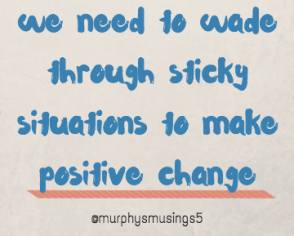Over the next month I will be publishing 5 posts as sneak peaks for our upcoming book, Hacking Project Based Learning, which was written with Ross Cooper (@rosscoops31) and will be released this winter.
During a recent chat, a teacher shared his hesitance to approach Project Based Learning (PBL) or inquiry-based learning stems from his belief that some information requires direct instruction. This disclosure stood out to me, as I never thought of PBL and direct instruction as a one or the other option. To the contrary, strategic, differentiated instruction is critical to student success. I have found, teachers are more likely to embrace PBL when they become skilled at seamlessly integrating it with direct instruction, as this is when they realize these two approaches are not mutually exclusive.

Here is what I take into consideration when infusing PBL with direct instruction. Continue reading




